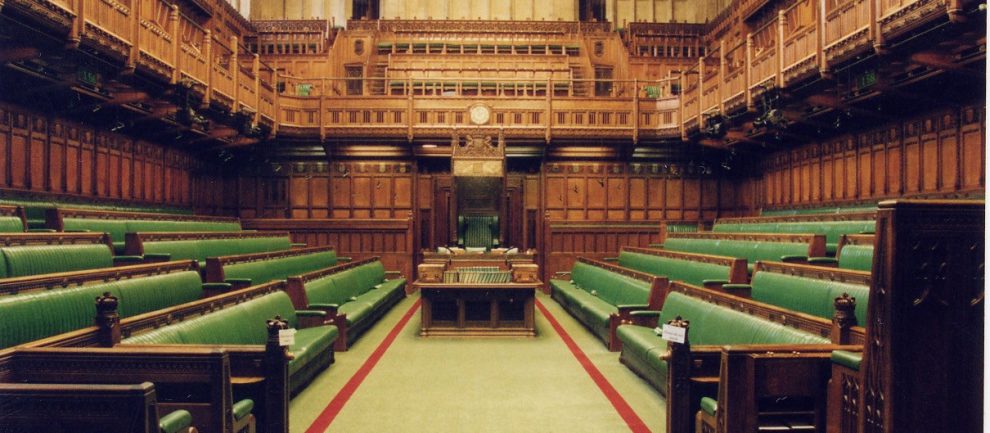By Conor Holohan
UK Members of Parliament and peers are to have their say on the final Brexit deal in an Act of Parliament, the Brexit Secretary David Davis announced this week. The Act will legislate the new arrangements reached in negotiations with Brussels into UK law.
This means that if MPs wish, they can strike down the agreements that Davis makes with Michel Barniel between now and 2019. If the Act is voted down, Britain will have a no-deal Brexit situation.
There is a genuine possibility that Parliament will reject the Bill or amend it out of recognition. In a Press Association study of MPs carried out before the referendum on June 23rd 2016, 480 of our 650 Members of Parliament planned to vote remain.
Of course there are many remain-backing Members of Parliament who represent leave-voting consituencies. Along with the remain backing Conservative MPs who plan to vote with the government in favour of the Bill and the 20 or so leave-voting Labour MPs, the Parliamentary arithmatic is much more favourable to the government.
However, there are many Conservative rebels, such as Anna Soubry MP, who regularly vote against the government on legislation concerned with Brexit.
These MPs will be the most powerful entities in the leaving process, and although they may not vote the Act down outright, many have made clear that they plan to help the Labour Party to ammend the Act to ‘soften’ Brexit.
Meanwhile, the government’s new Chief Whip Julian Smith was reported to have had a ‘stormy’ meeting with a group of Conservative rebels this week. Smith, who has taken up the position from the newly promoted Gavin Williamson, does not possess the same influence over MPs.
Williamson, who has taken up the position of Defence Secetary following the resignation of Sir Michael Fallon, is regarded as one of the most important Members due to his personal knowledge of Conservative MPs and even their private lives.
To many, Williamson’s promotion weakens the Prime Minister, whom Williamson has been historially loyal to. Without Williamson in the Whip’s Office, May might find it more difficult to persuade Tory rebels to support the backbone of the planned Act of Parliament.
This Act is not to be confused with the Great Repeal Bill, which will transfer the bulk of EU regulation into UK law when we leave.
The Bill allows the government to unpick EU-originated regulations once we have left, as the sheer volume of legislation from Europe would take years to consider and would make the Brexit process nearly impossible and could open up the possibility of a future Parliament reversing or diluting Brexit.
Though different to the proposed Act of Parliament, the Parliamentary arithmetic concerning the Great Repeal Bill is likely to be causing May a similar level of headachery.





Add Comment